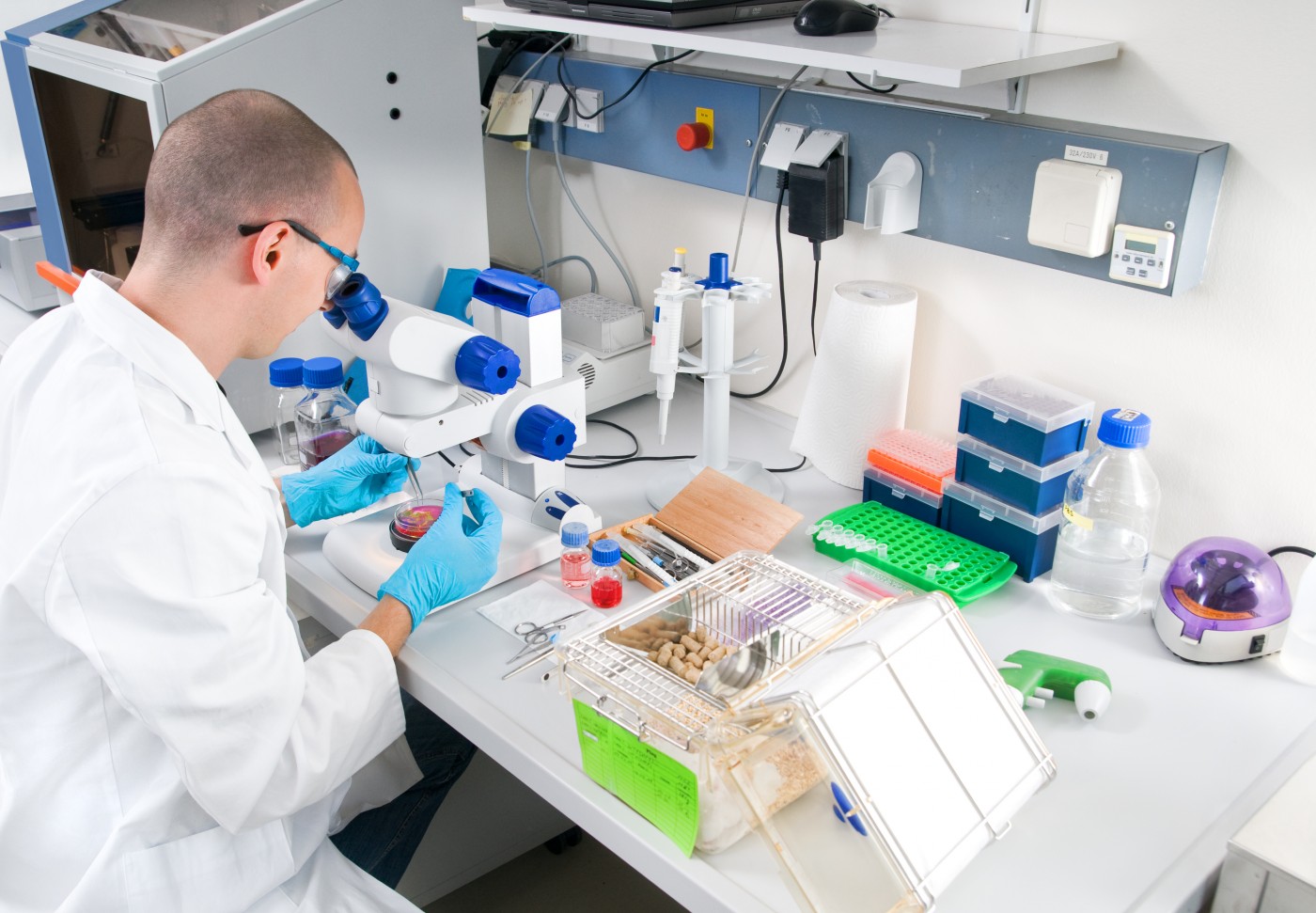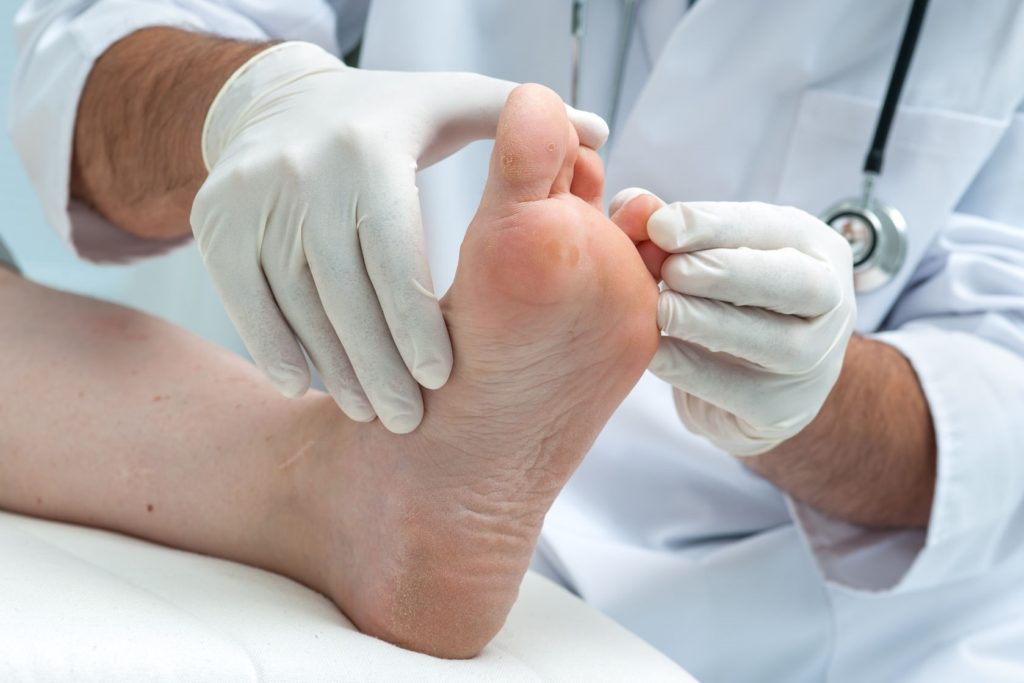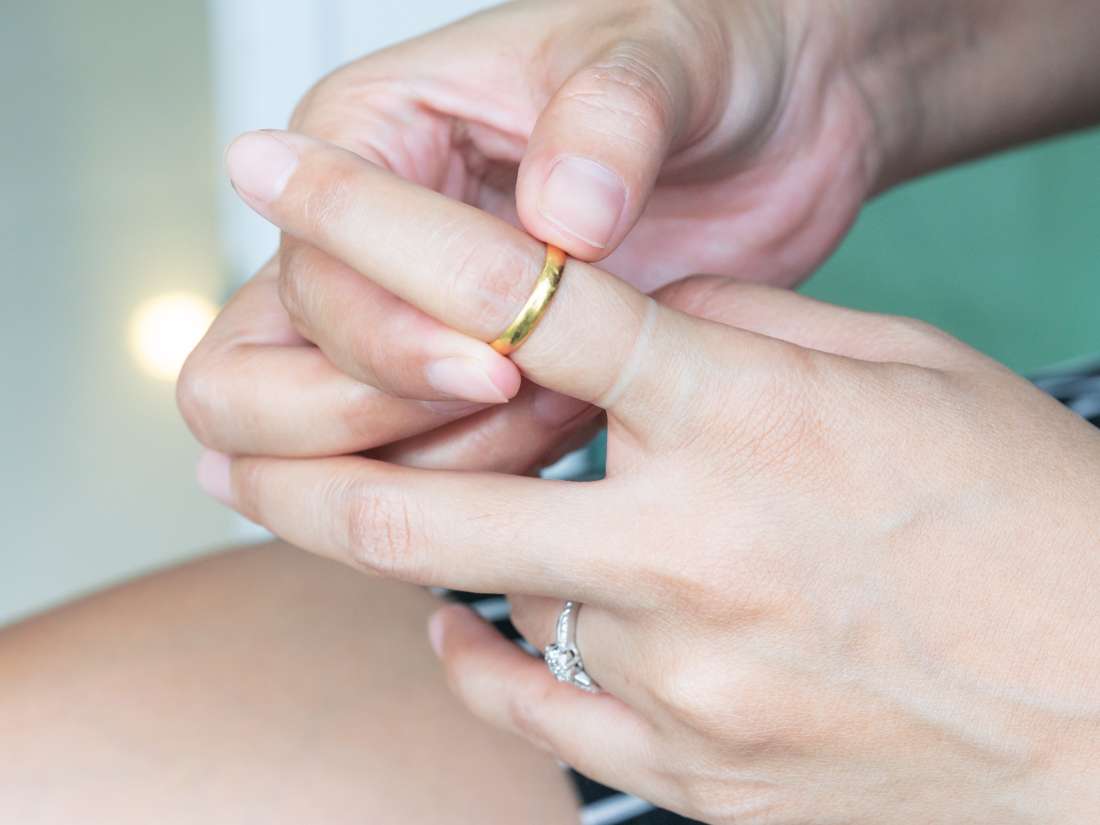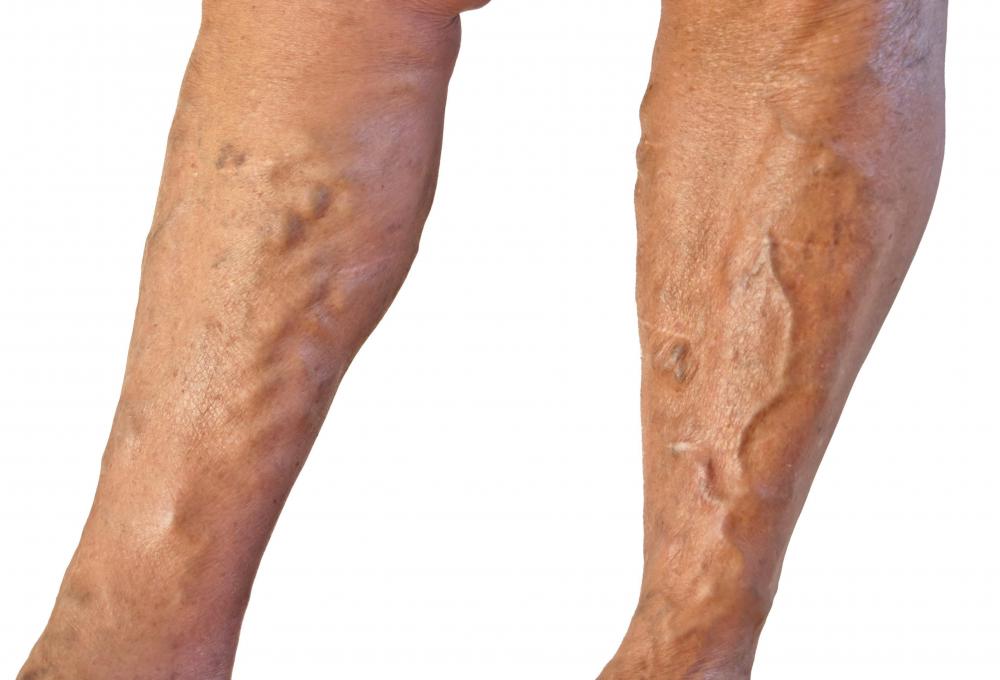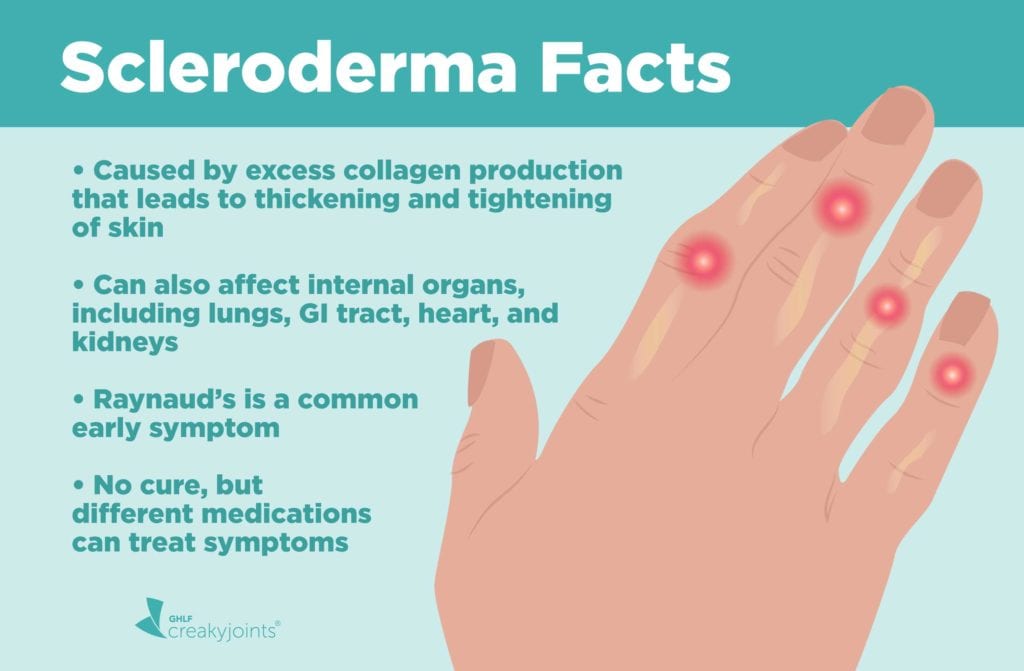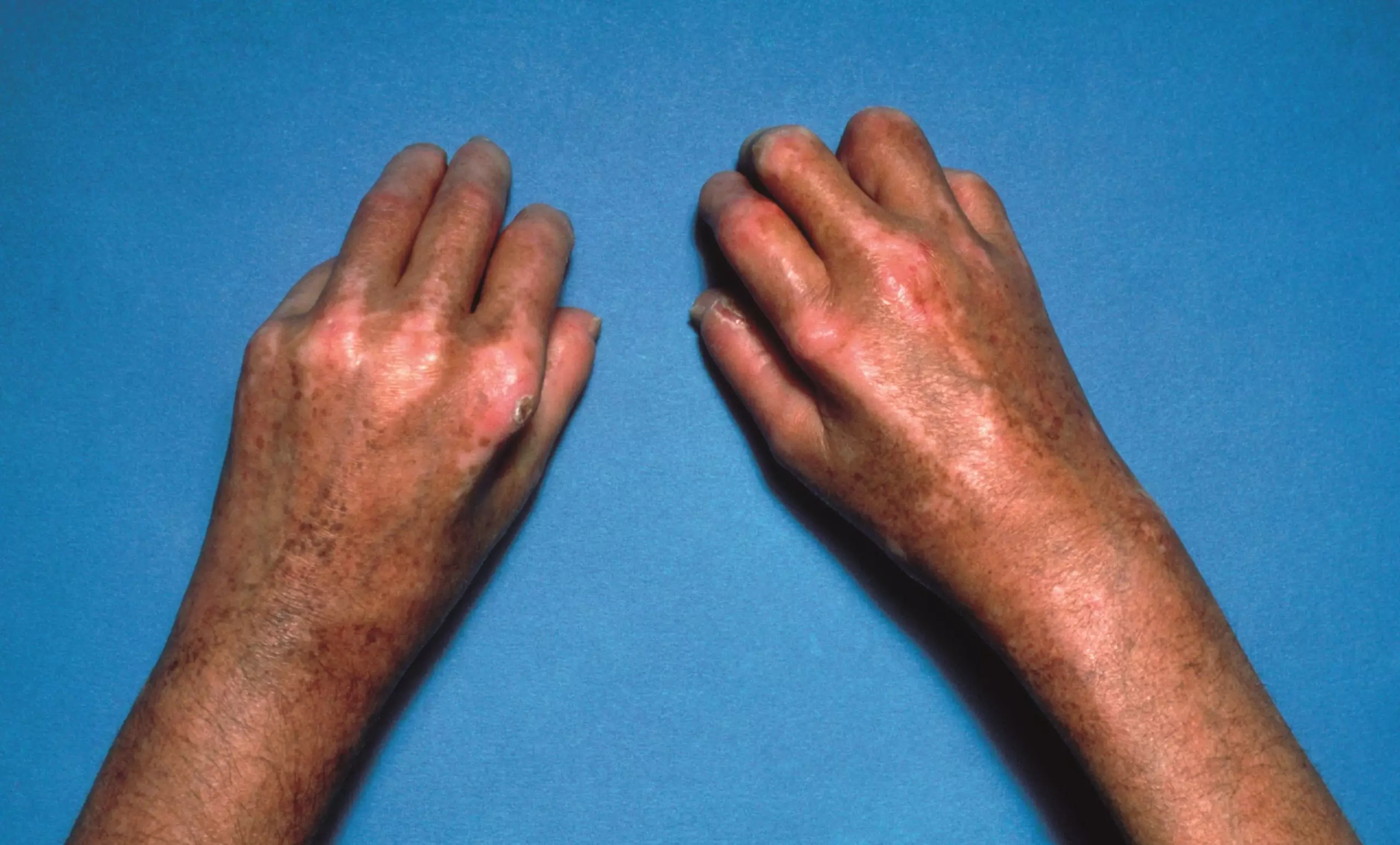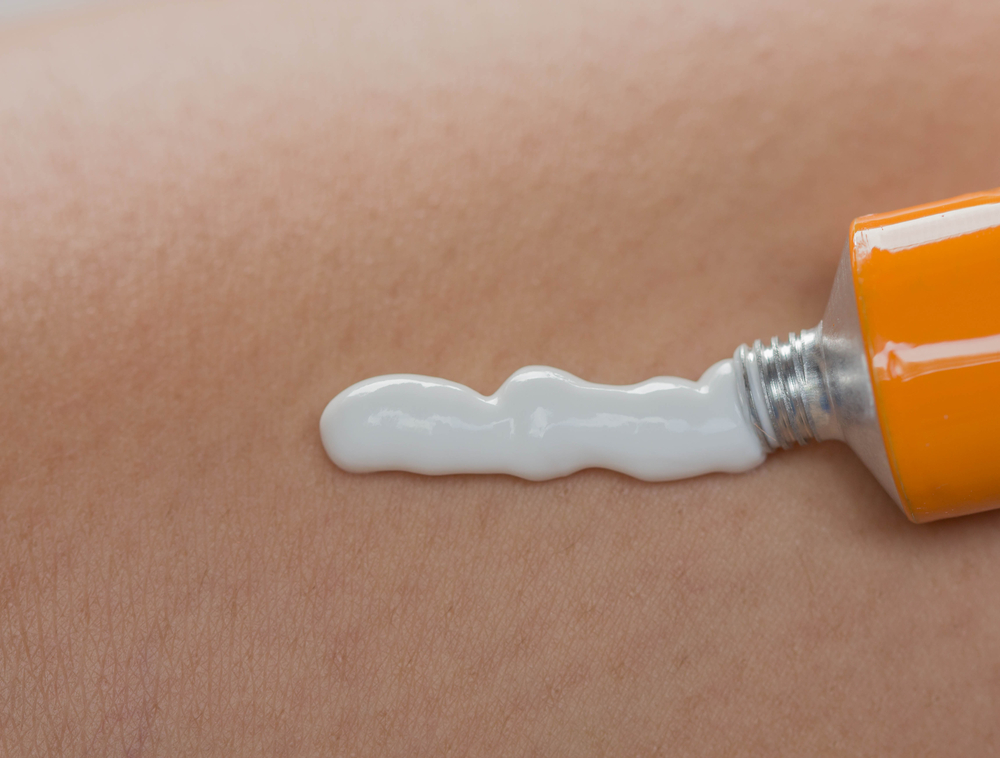One Of The Best Info About How To Prevent Scleroderma
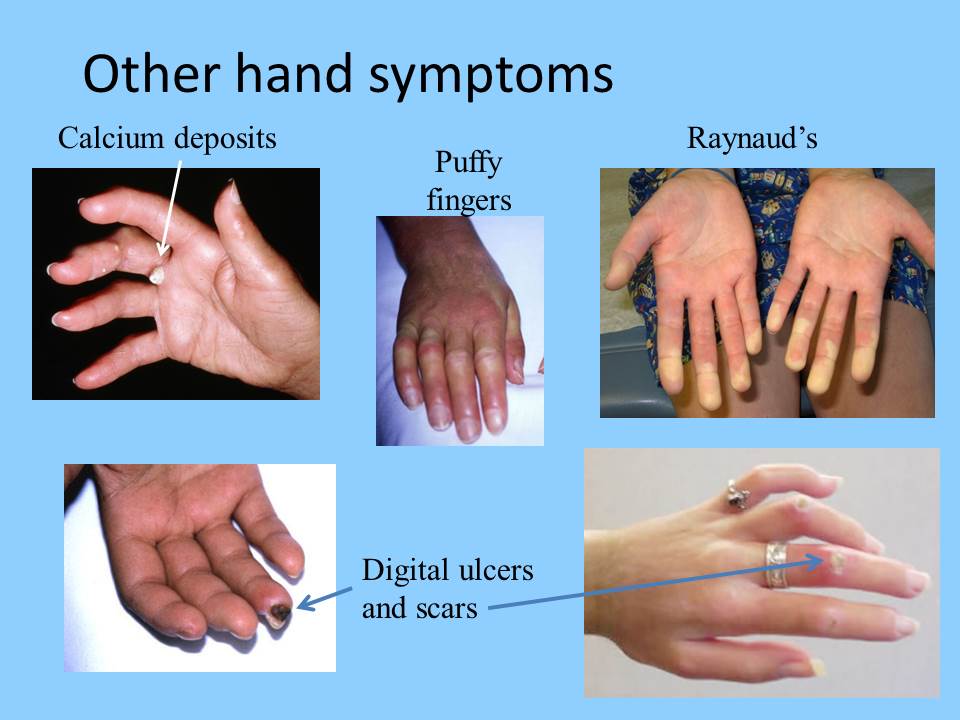
There is no cure for scleroderma.
How to prevent scleroderma. Although no one knows how to prevent scleroderma, you can take steps to avoid getting infections when you have scleroderma. [lwptoc] scleroderma is actually a collection of several autoimmune diseases that are characterized by hardened patches of skin and connective tissue. Raynaud’s phenomenon is treated with a.
There is no cure for scleroderma, but many people will have minimal symptoms and will be able manage their condition with simple lifestyle measures and treatments. Your doctor may recommend: This excess collagen is what causes the skin to thicken and harden.
In many cases, damage caused by the condition cannot be reversed. There are medications your rheumatologist can prescribe to help you manage localized scleroderma, usually skin symptoms and raynaud’s phenomenon. Doctors & departments.
Medications to help decrease swelling, manage pain, control other symptoms, and prevent complications that may arise. You might need creams and moisturizers to prevent your skin from drying out. Maintaining muscle strength through physical therapy and exercise.
Your treatment depends on the type of scleroderma you have, your symptoms, and which tissues and organs are affected. Started early, treatments like phototherapy (light therapy) and medicines that work on the immune system like methotrexate and cyclosporine can help diminish scleroderma. You can do many things to help live with scleroderma, such as wear warm clothing,.
We also know that a person develops scleroderma when the body makes too much collagen. Localised scleroderma (morphoea) can affect both children and. This is particularly important in managing a patient with scleroderma because there is no treatment that has been proven to modify the overall disease course;
There is no cure for scleroderma, but treatment can help reduce the effects of this disease. Some people with scleroderma develop. Although there's no cure for scleroderma, symptoms can usually be managed by a range of different treatments.
Mouth augmentation and oral stretching exercises are recommended for patients with reduced oral aperture. What medications are available, and at what point should i begin taking medication? Managing digestive tract function to optimize nutritional intake.
However, treatments are available that may alleviate symptoms and lessen. Treatment can include medications and physical and occupational therapy. What causes it, and can anything stop its progression?

